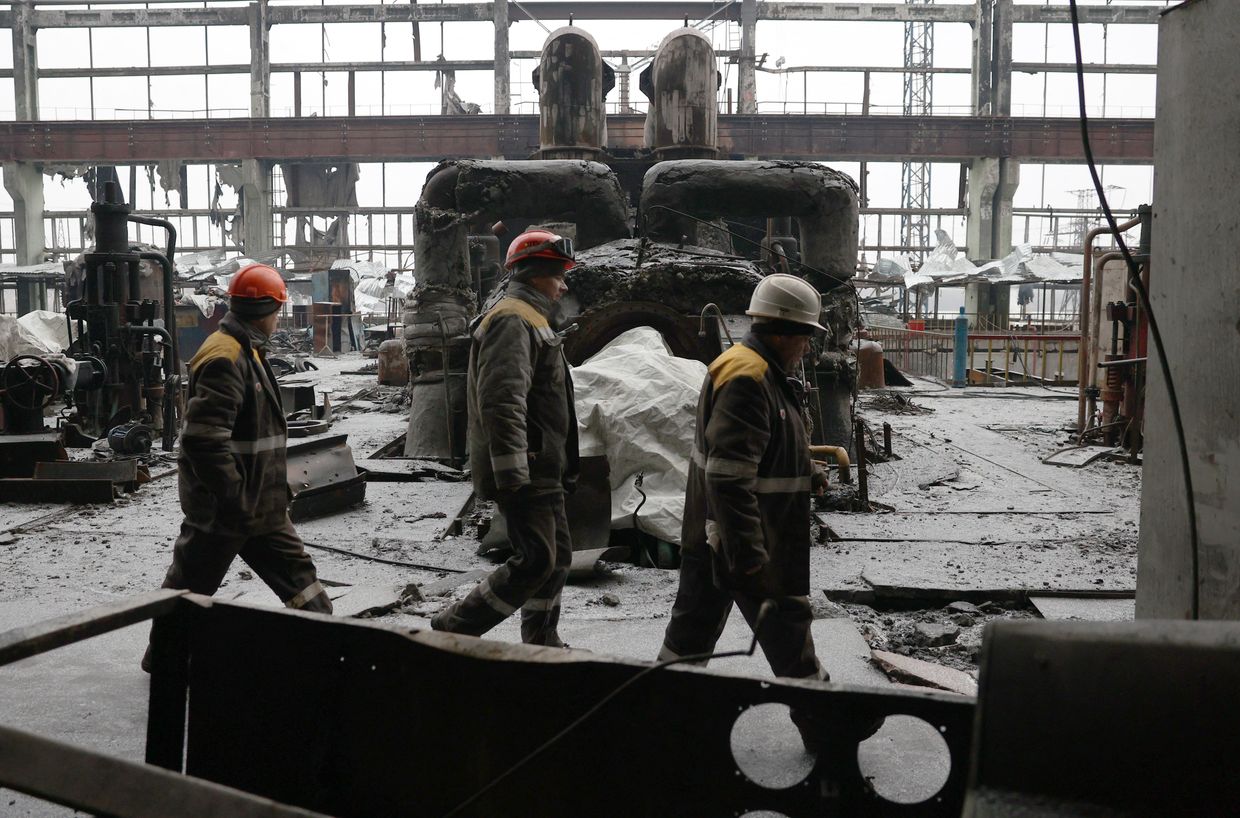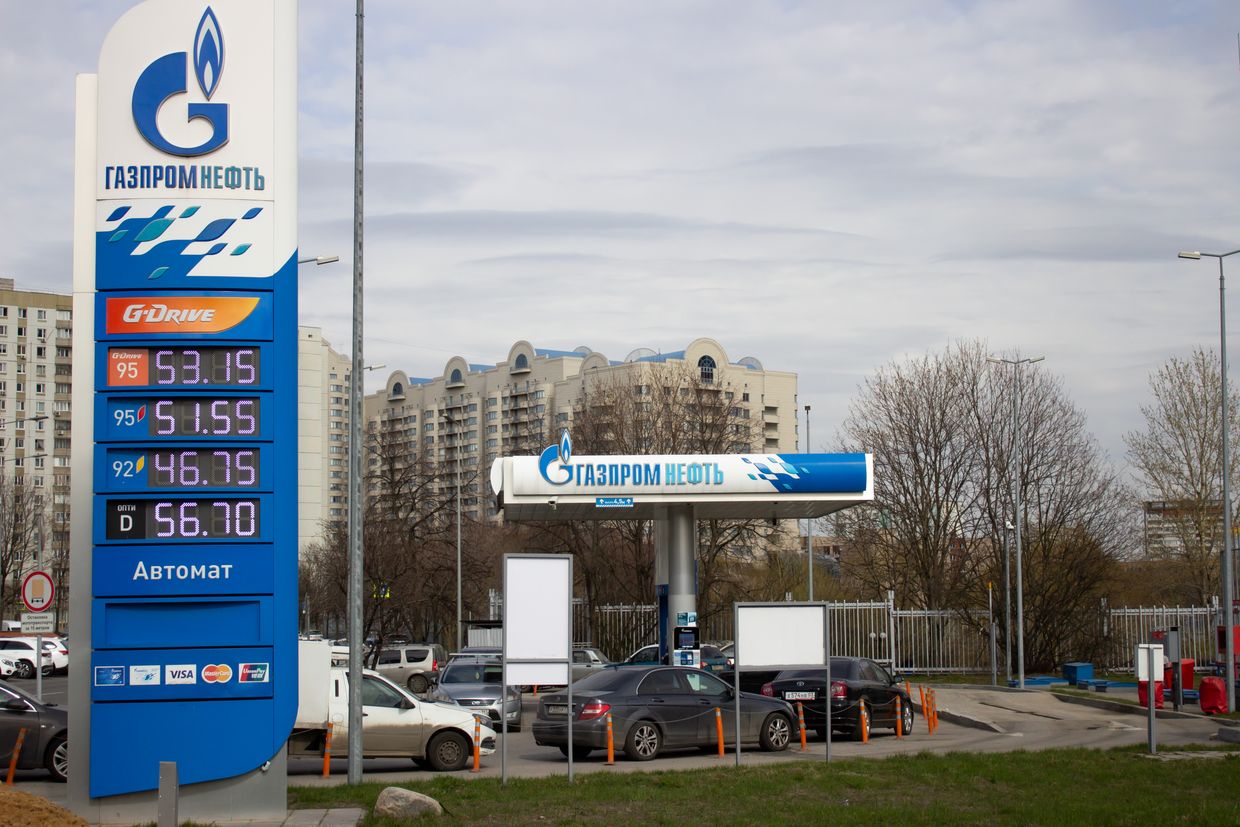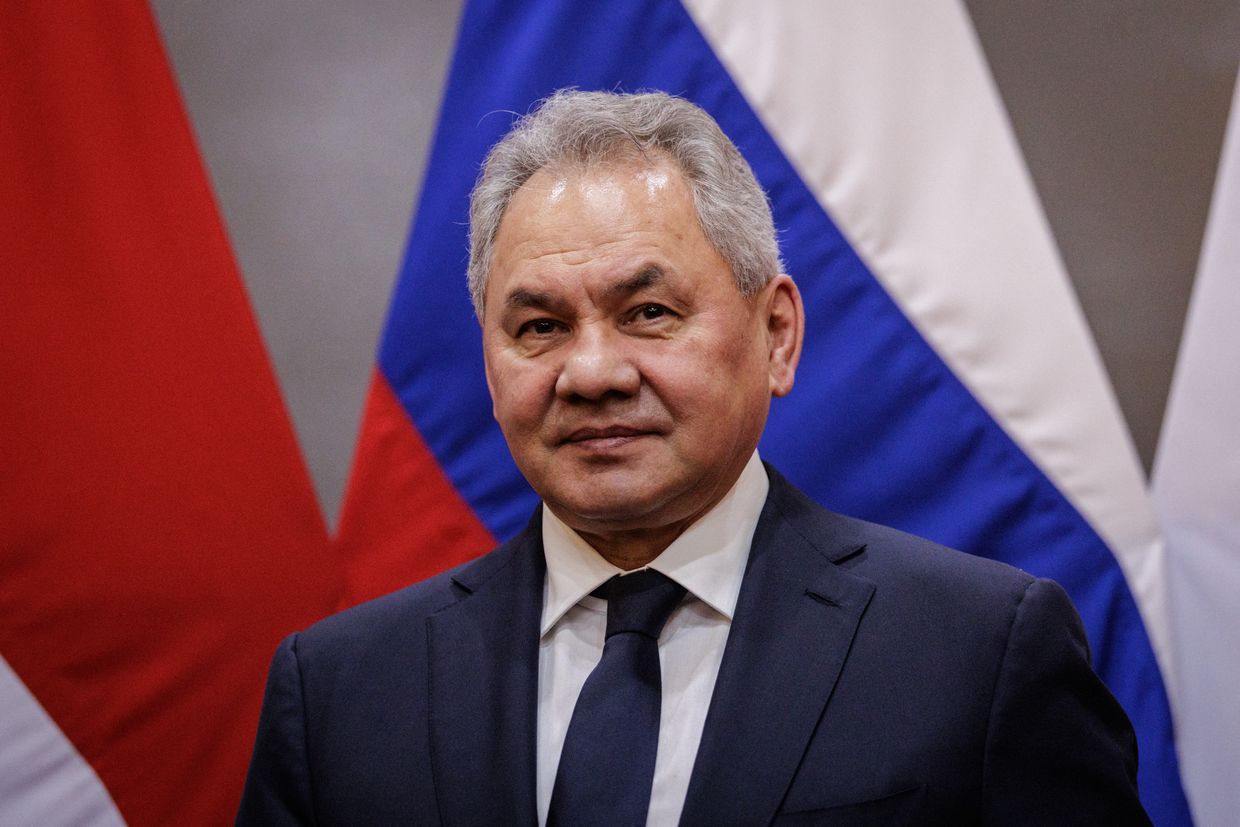Russia’s natural gas production saw a significant decline in February, dropping 11.3% year-on-year to 57.2 billion cubic meters (bcm), according to Russian media outlet Kommersant, which cited sources familiar with Energy Ministry data.
The sharp decline is primarily attributed to Ukraine halting Russian gas transit through its territory on Jan. 1 after the expiration of a 2019 transit agreement. The move has severely impacted Gazprom, Russia’s state-owned gas giant, whose production fell 13.2% year-on-year to 38.2 bcm in February.
With the loss of Ukrainian transit routes, Kommersant reports that Gazprom now relies almost entirely on the TurkStream pipeline, which has an annual capacity of just under 16 bcm—significantly restricting Russia’s ability to export gas to Europe.
Beyond Gazprom, other major Russian energy companies also reported declines in production. Novatek reduced its output by 1.5%, producing 6.4 bcm in February. Lukoil’s gas production fell by 13.3% to 1.3 bcm, while Rosneft recorded a 14% drop, bringing its total production to 5.5 bcm. Gazprom Neft also reported a decline of 8.3%, producing 2.2 bcm during the month.
The downturn extended beyond Russia’s borders. Kommersant reported that Gazprom Neft’s gas production in the NIS (Serbian oil and gas company), Badra (Badra oil field located in eastern Iraq), and Kurdistan (Iraq) fell by 20.5%, while Rosneft’s output at Egypt’s Zohr field declined by 21.3% compared to the previous year.
The only projects that maintained their 2024 levels were Sakhalin-1 and Sakhalin-2, which produced 0.7 bcm and 1.4 bcm in February, respectively.
Despite the slump, Russian price agencies told Kommersant that gas production in 2025 is expected to remain at 2024 levels as Moscow shifts its focus toward expanding pipeline exports to China and increasing LNG shipments.














